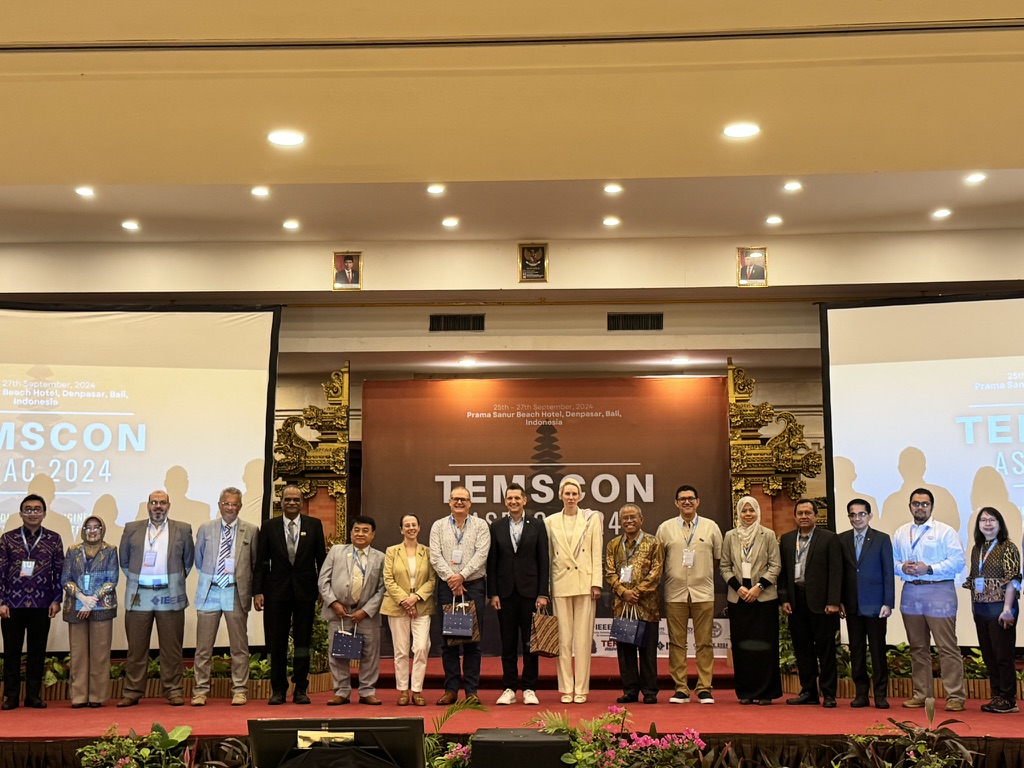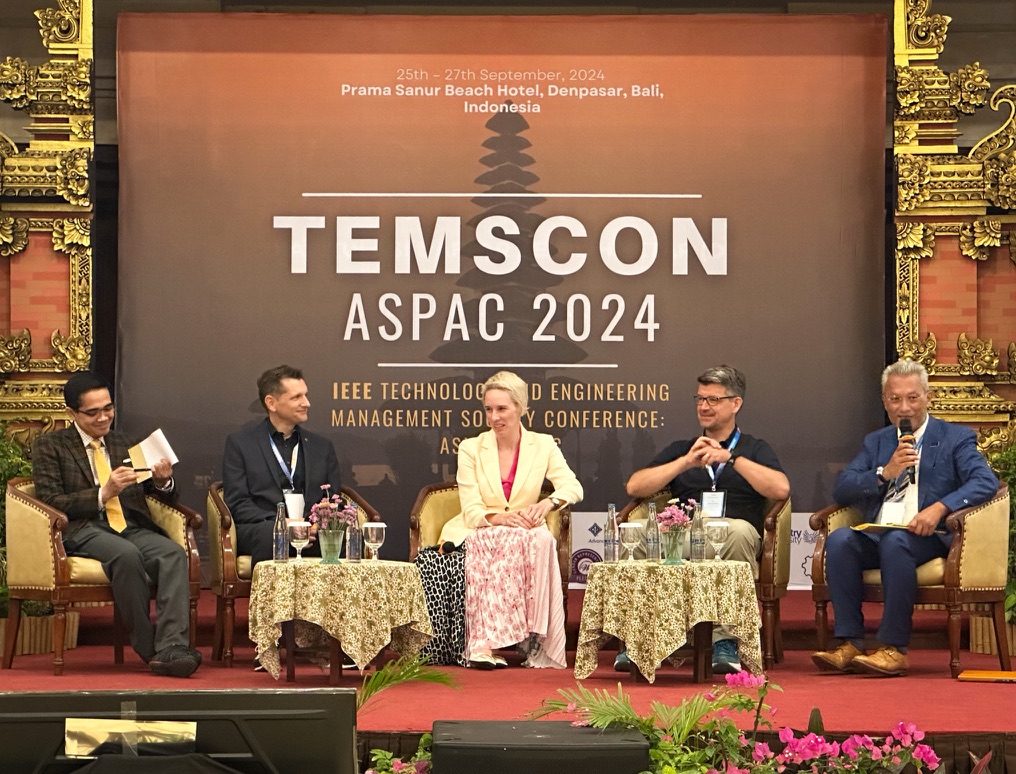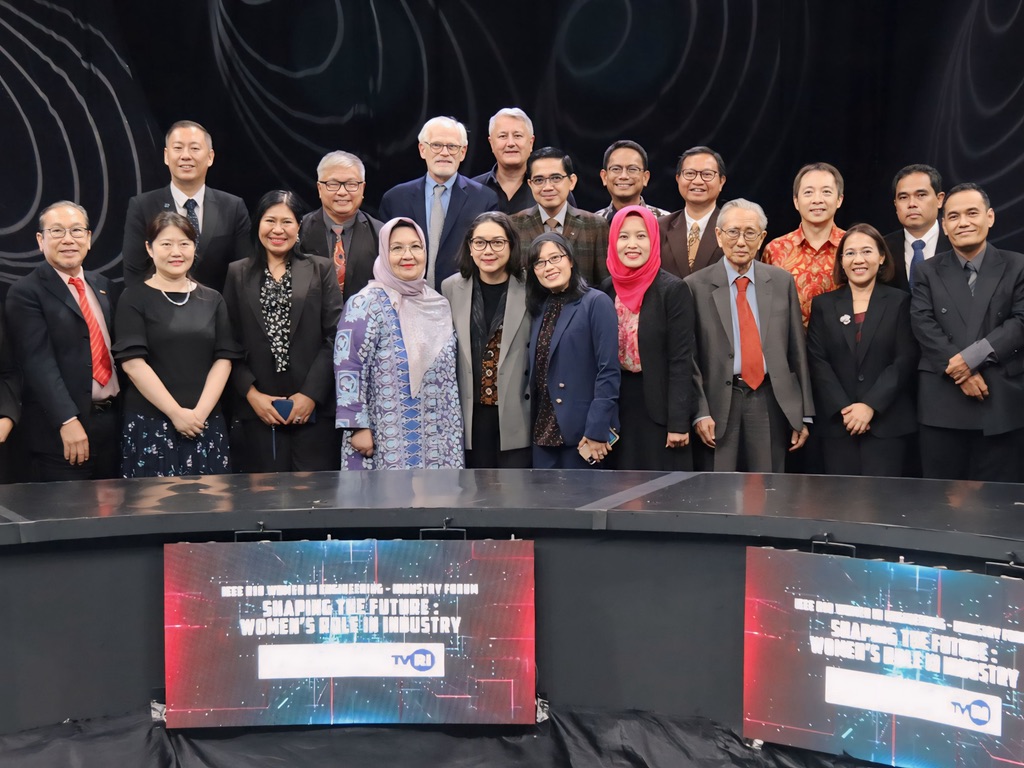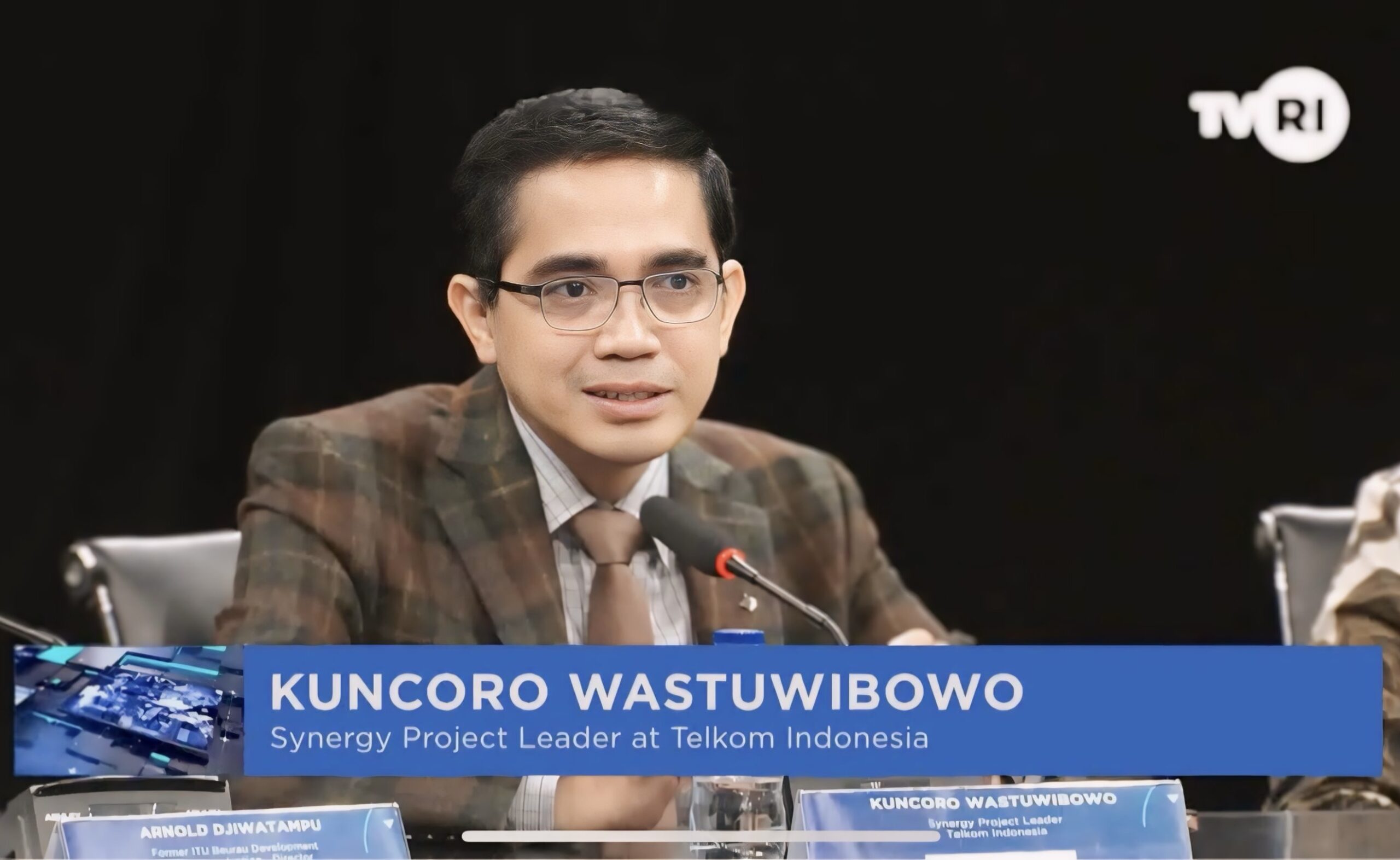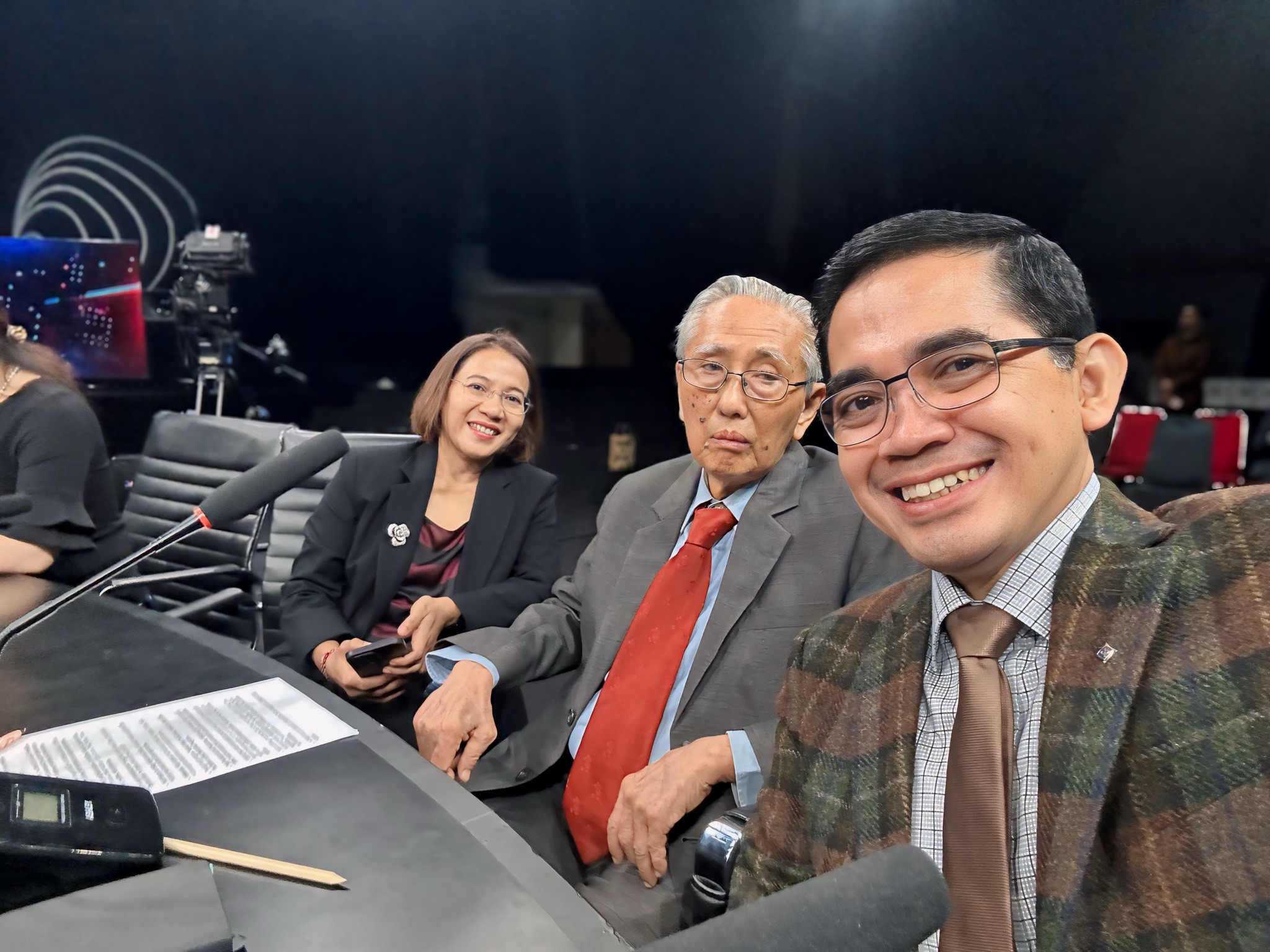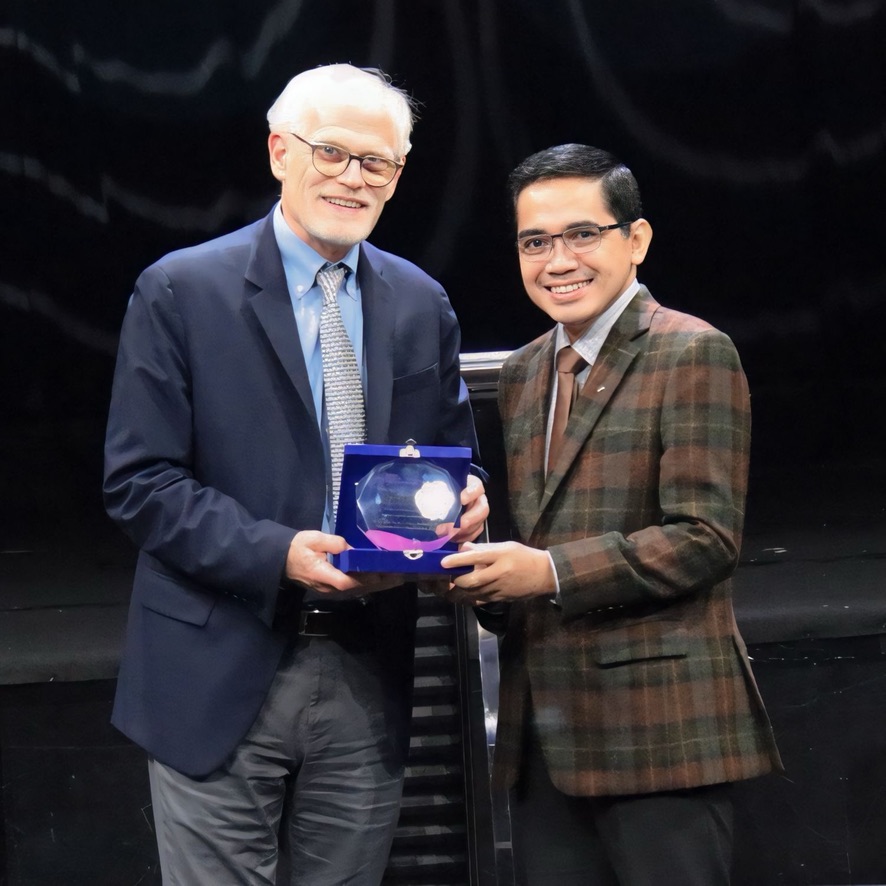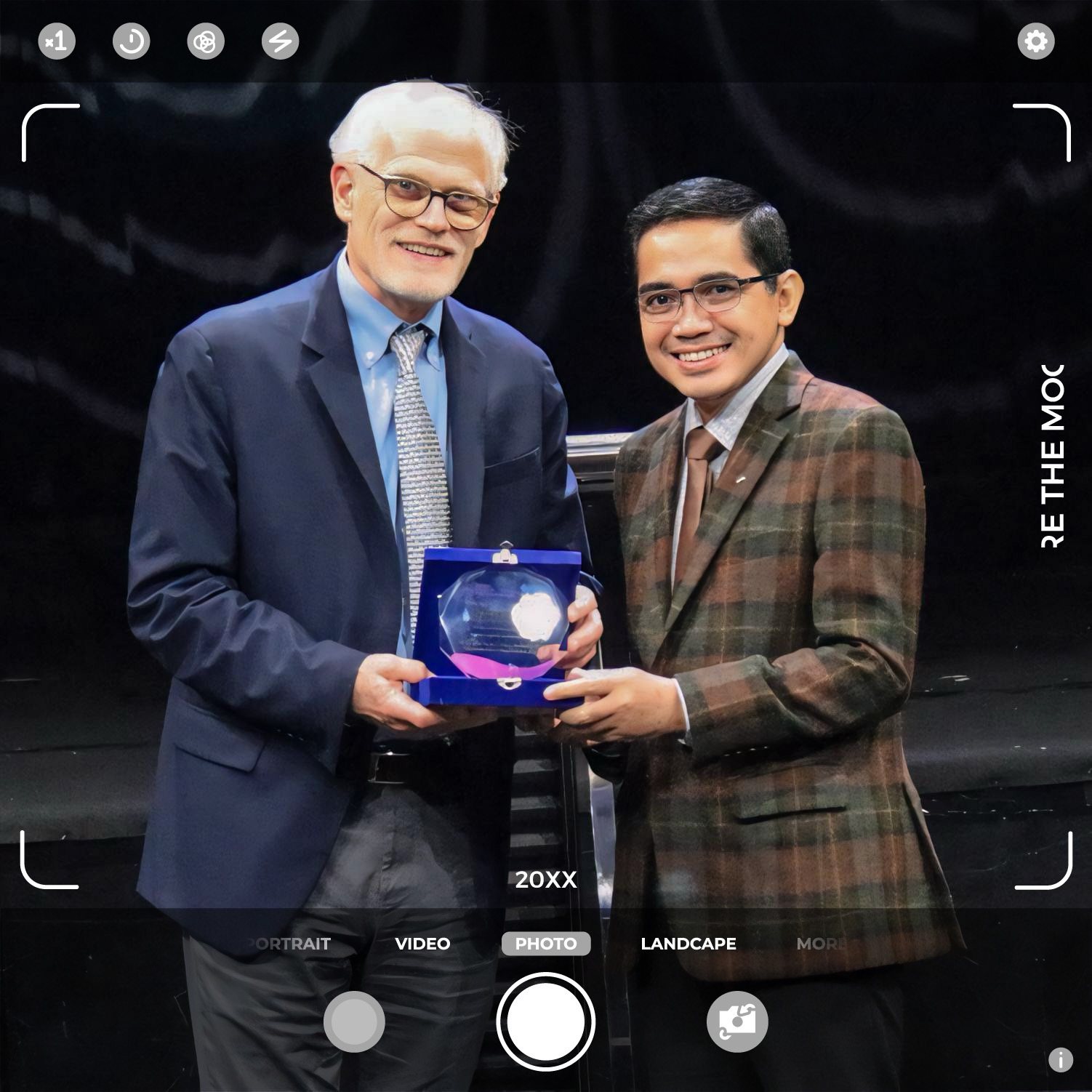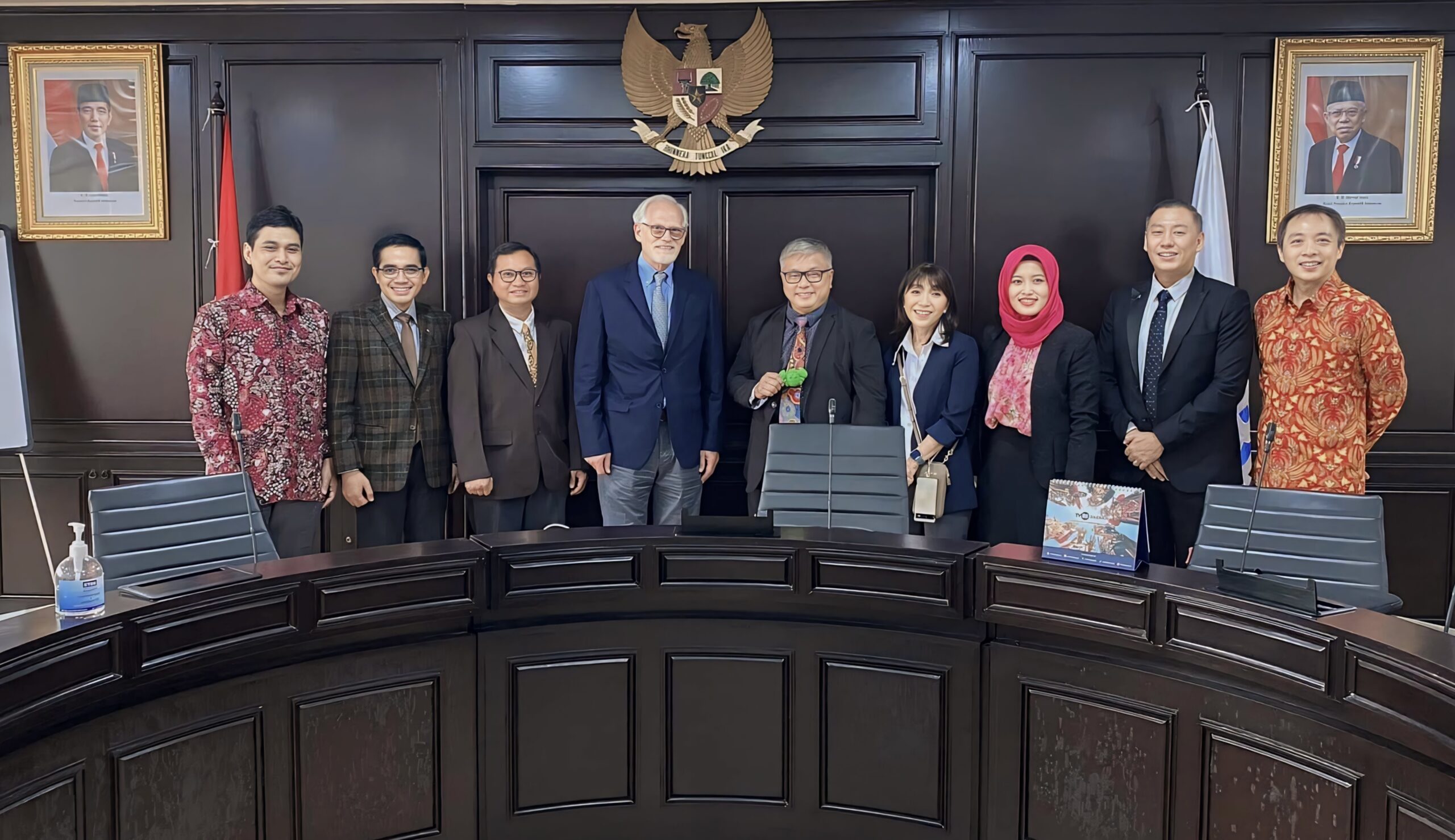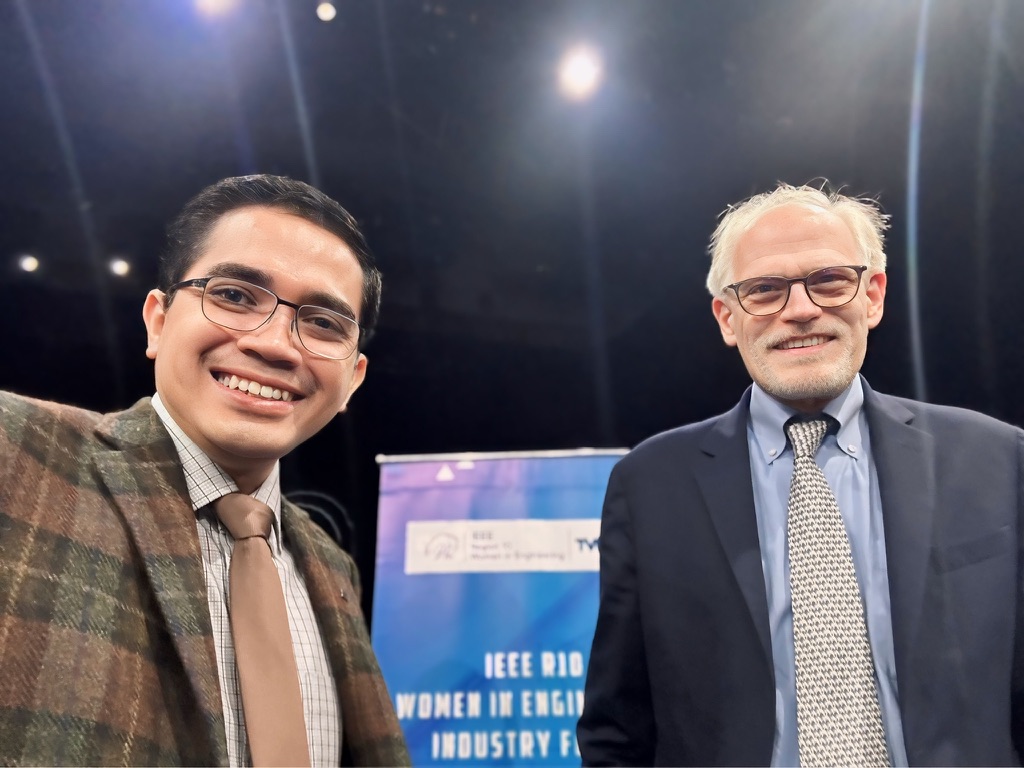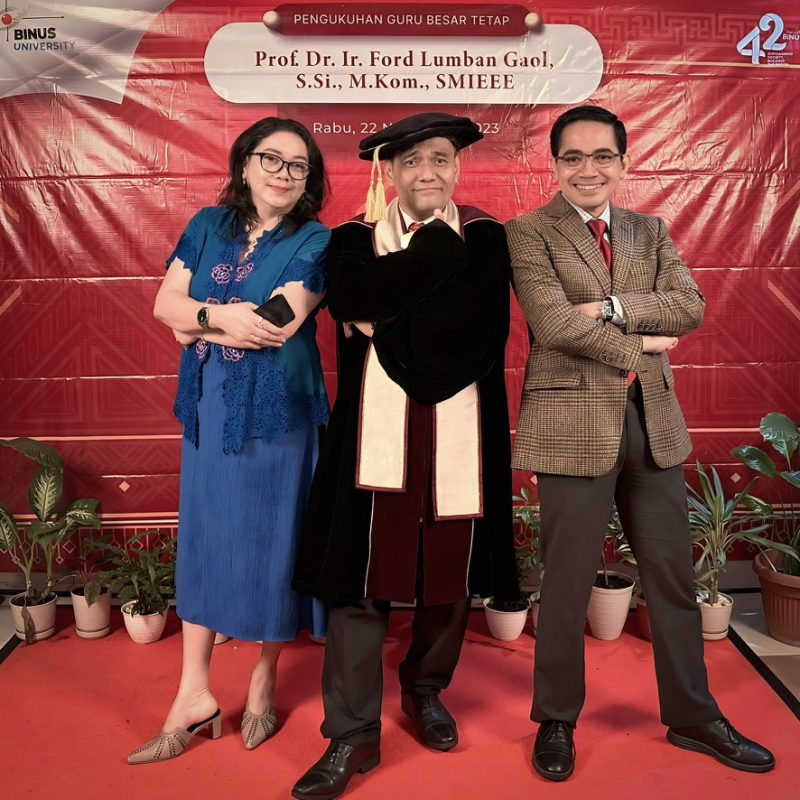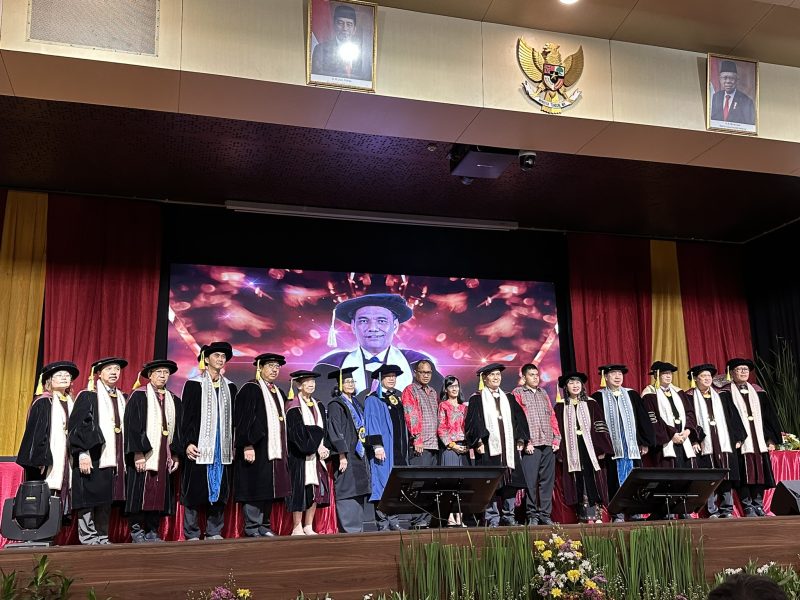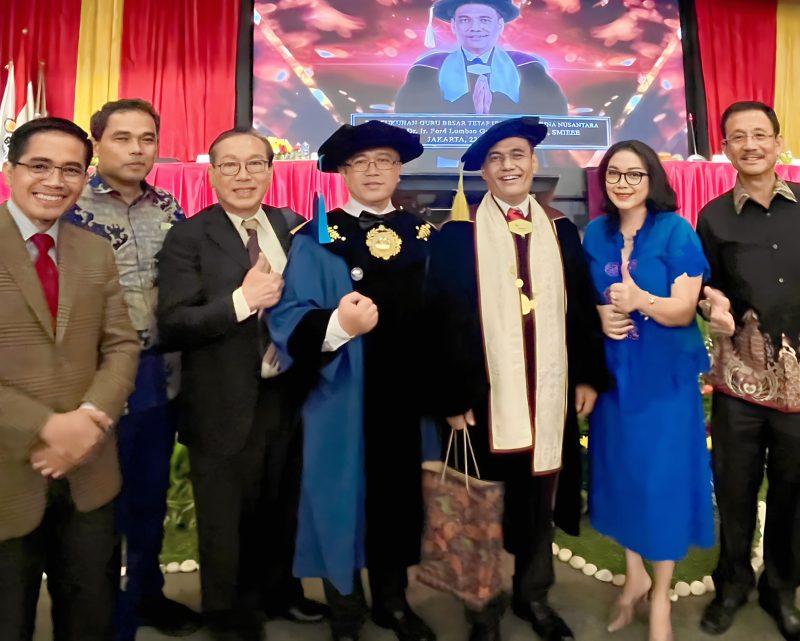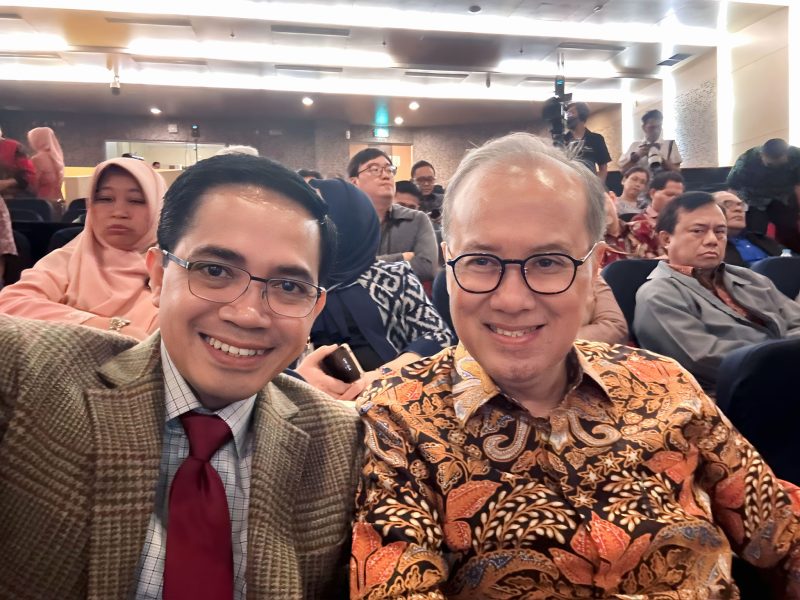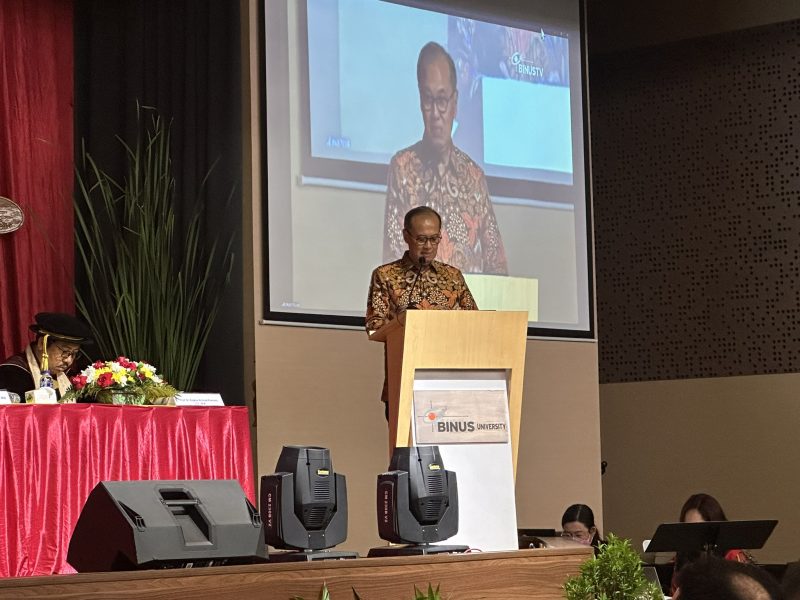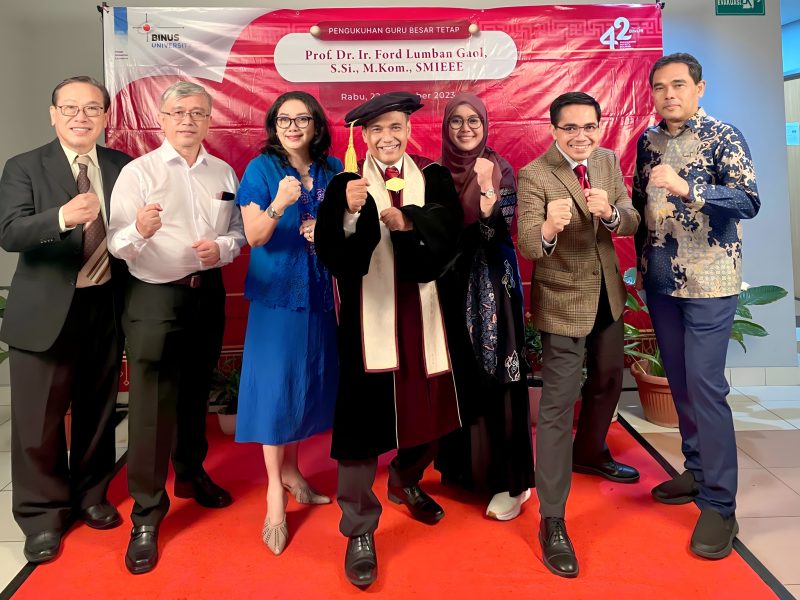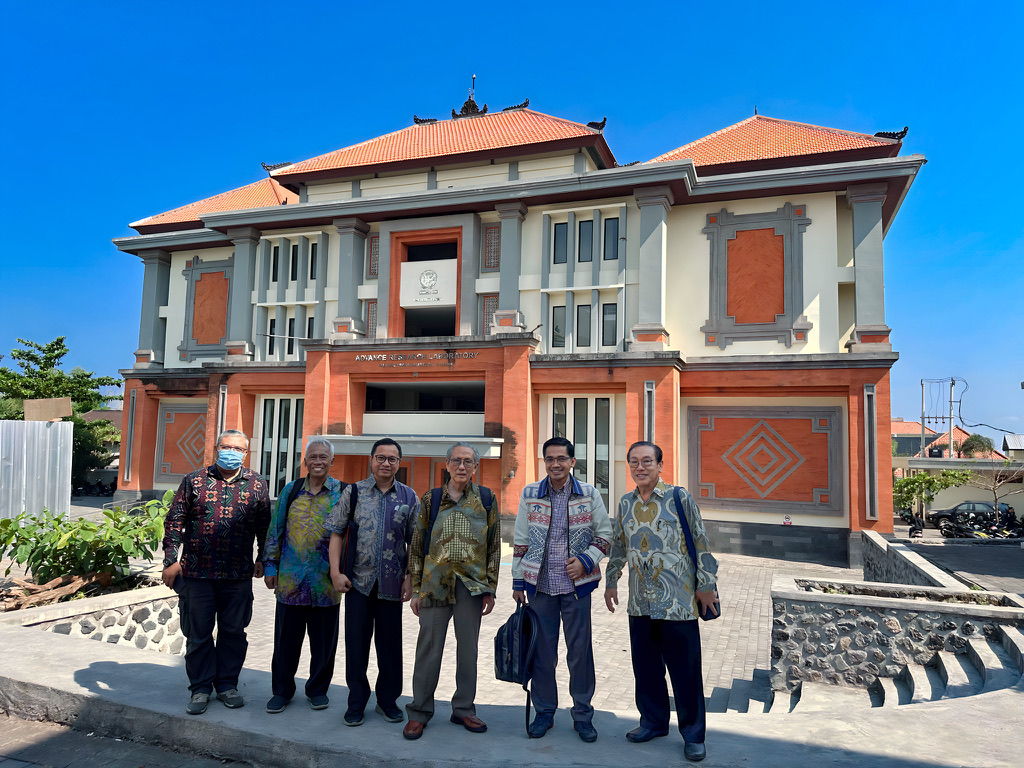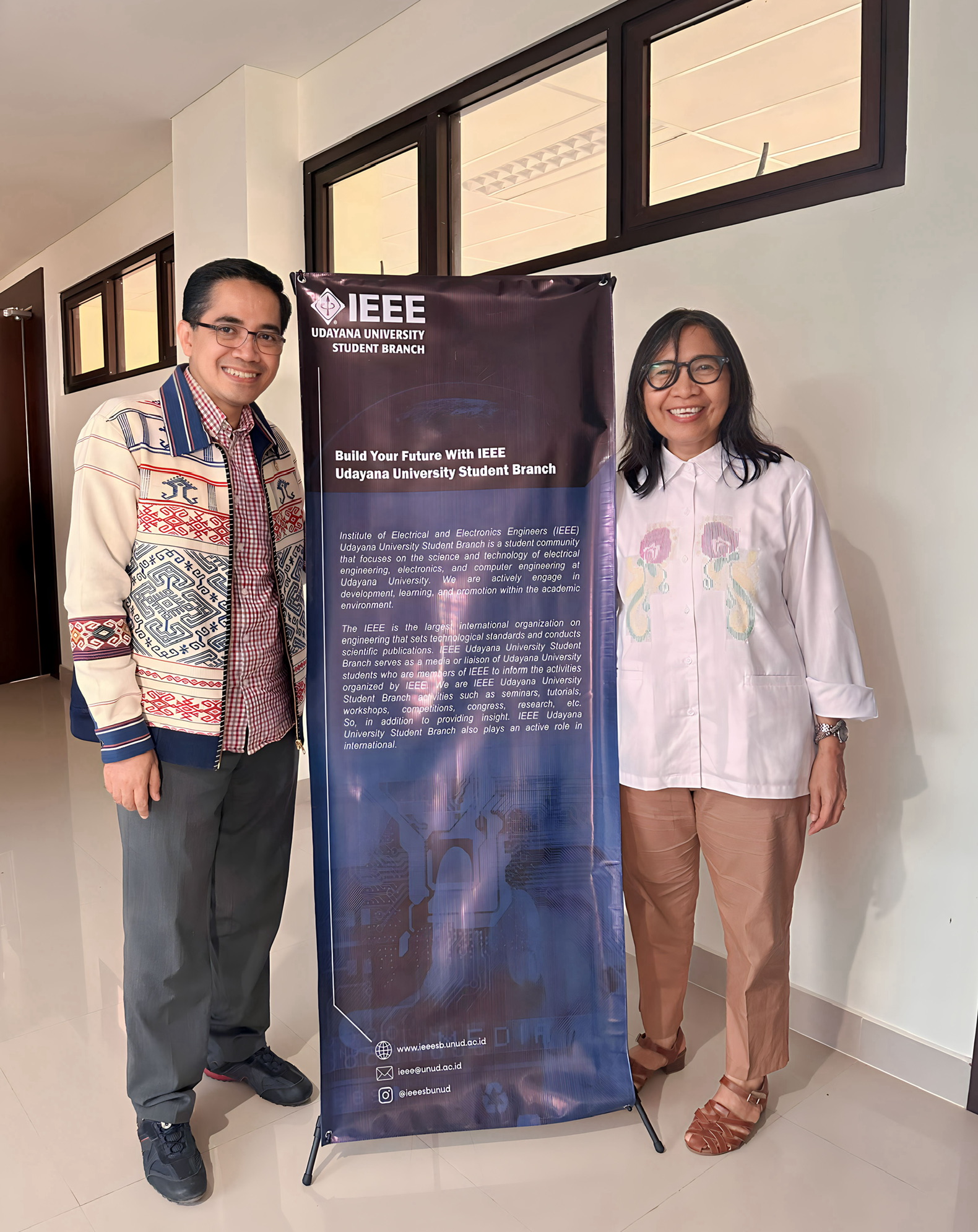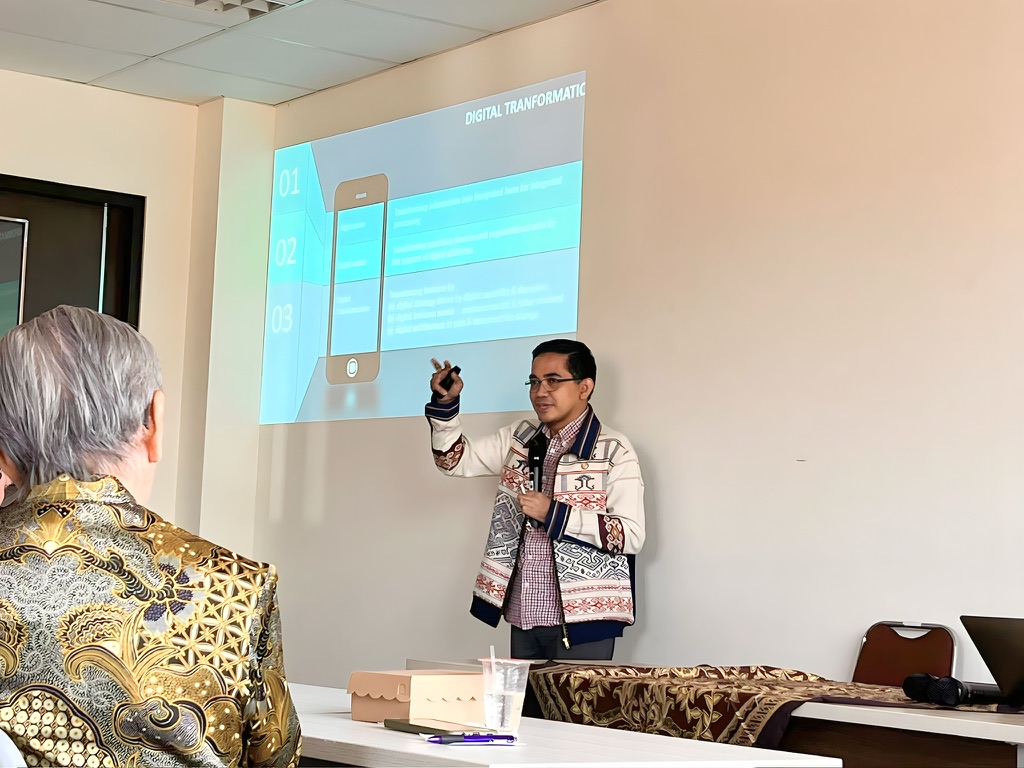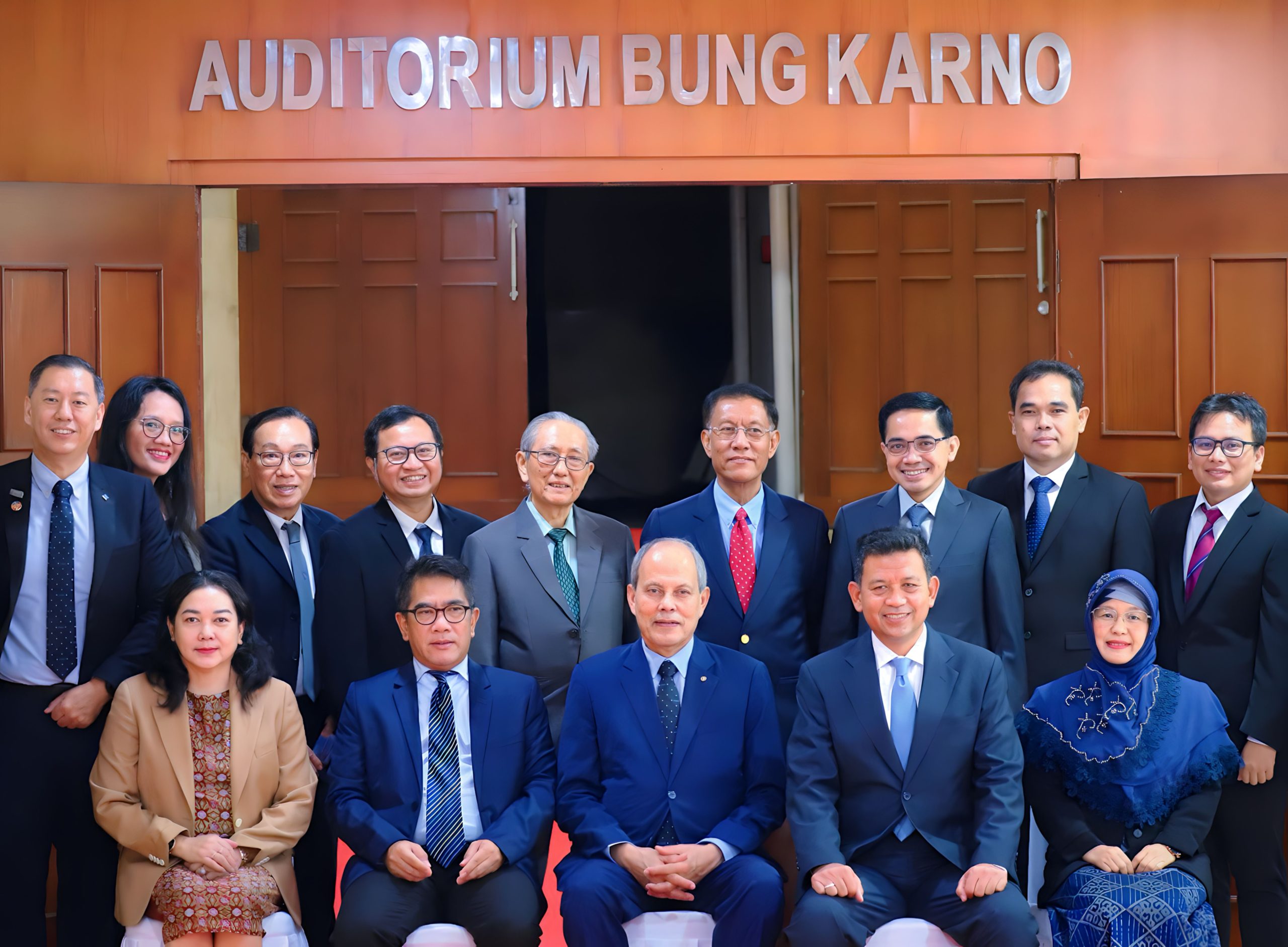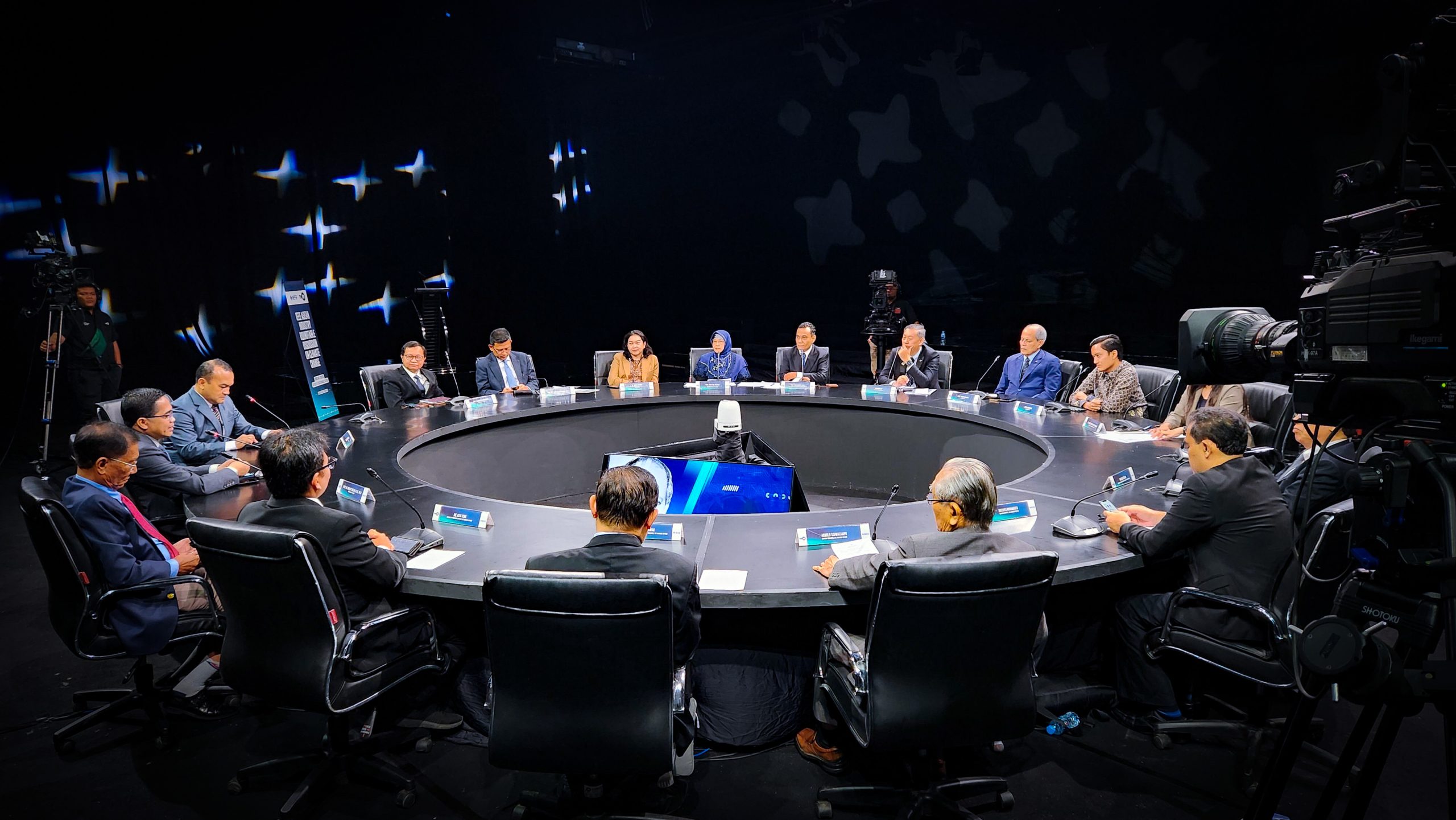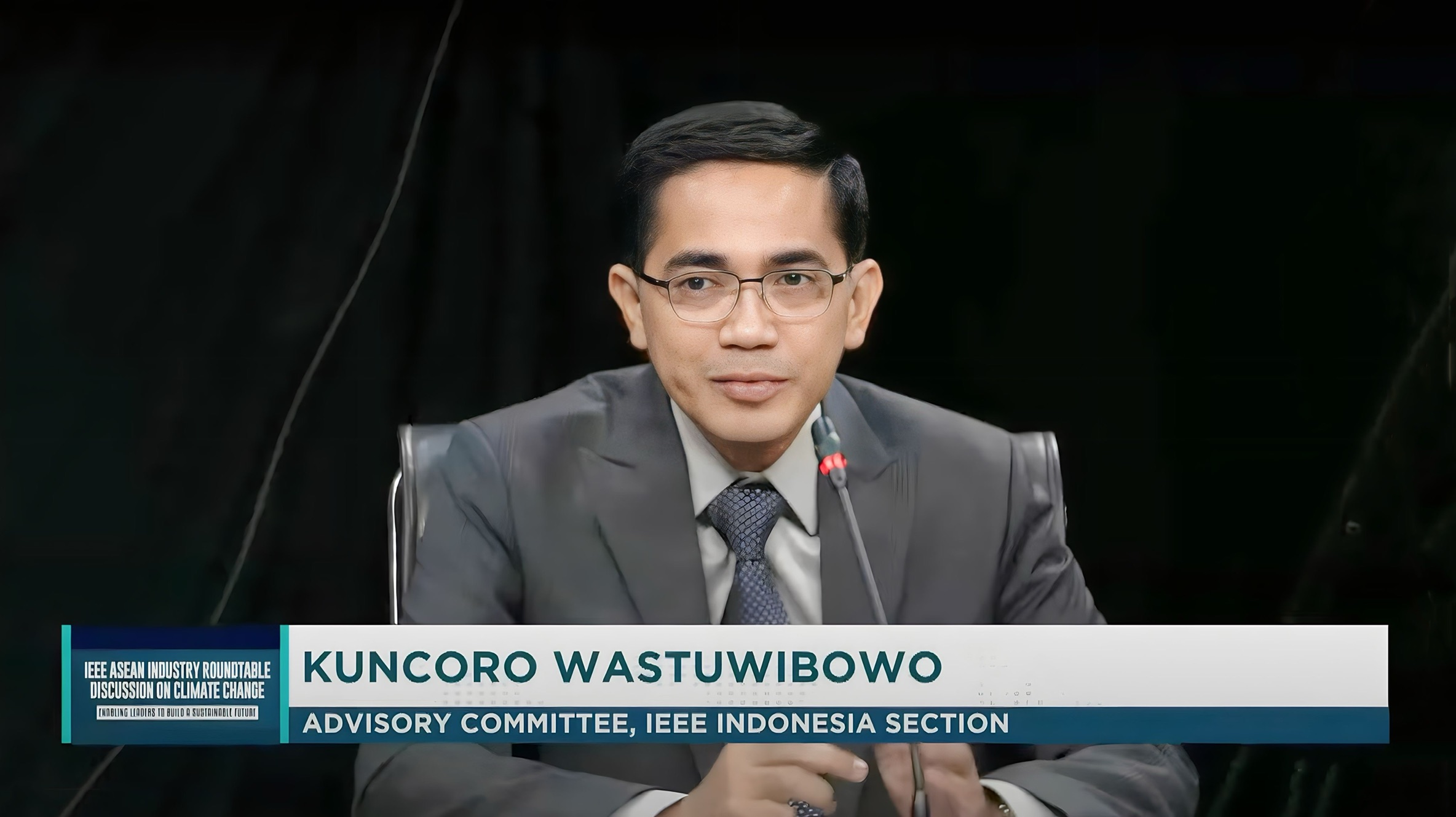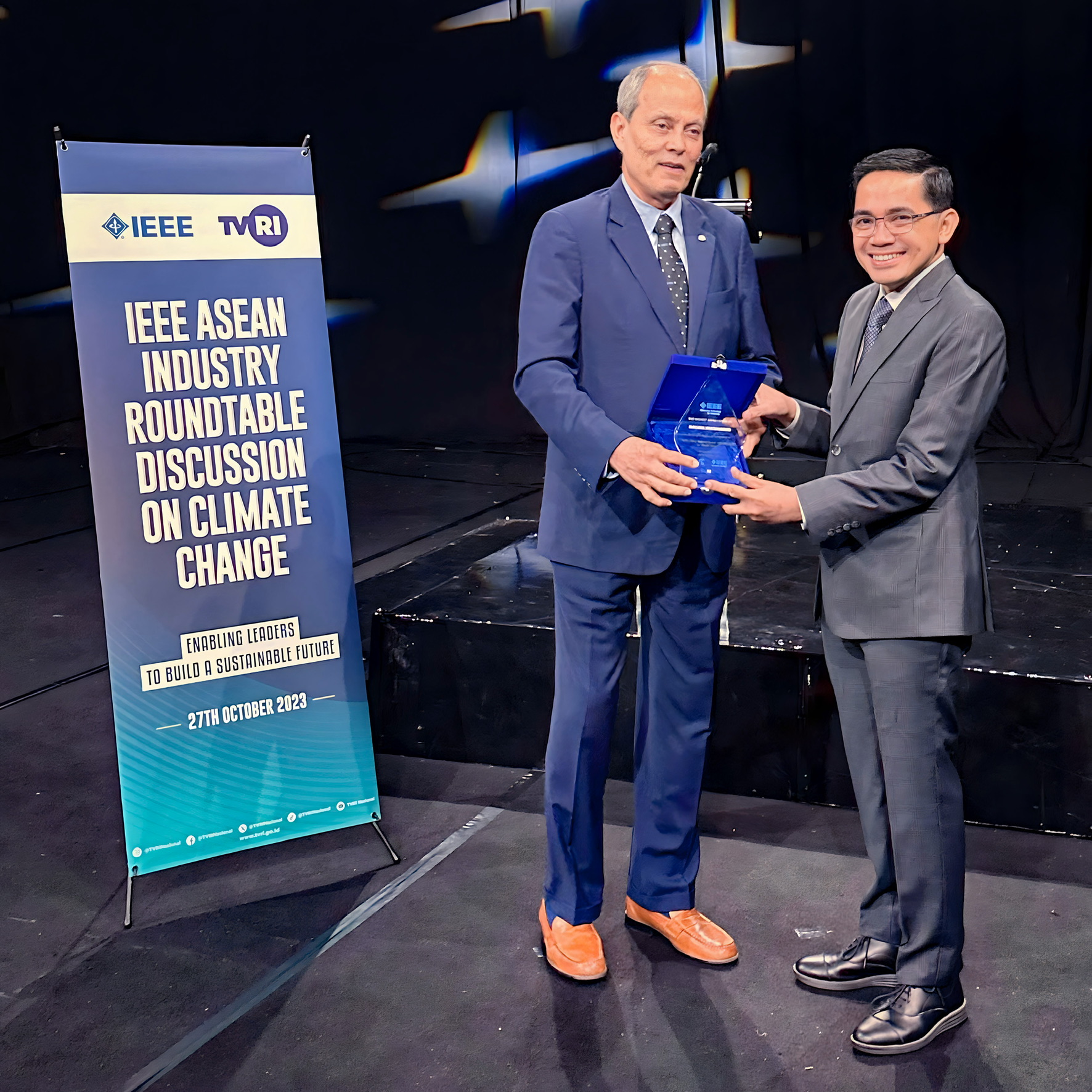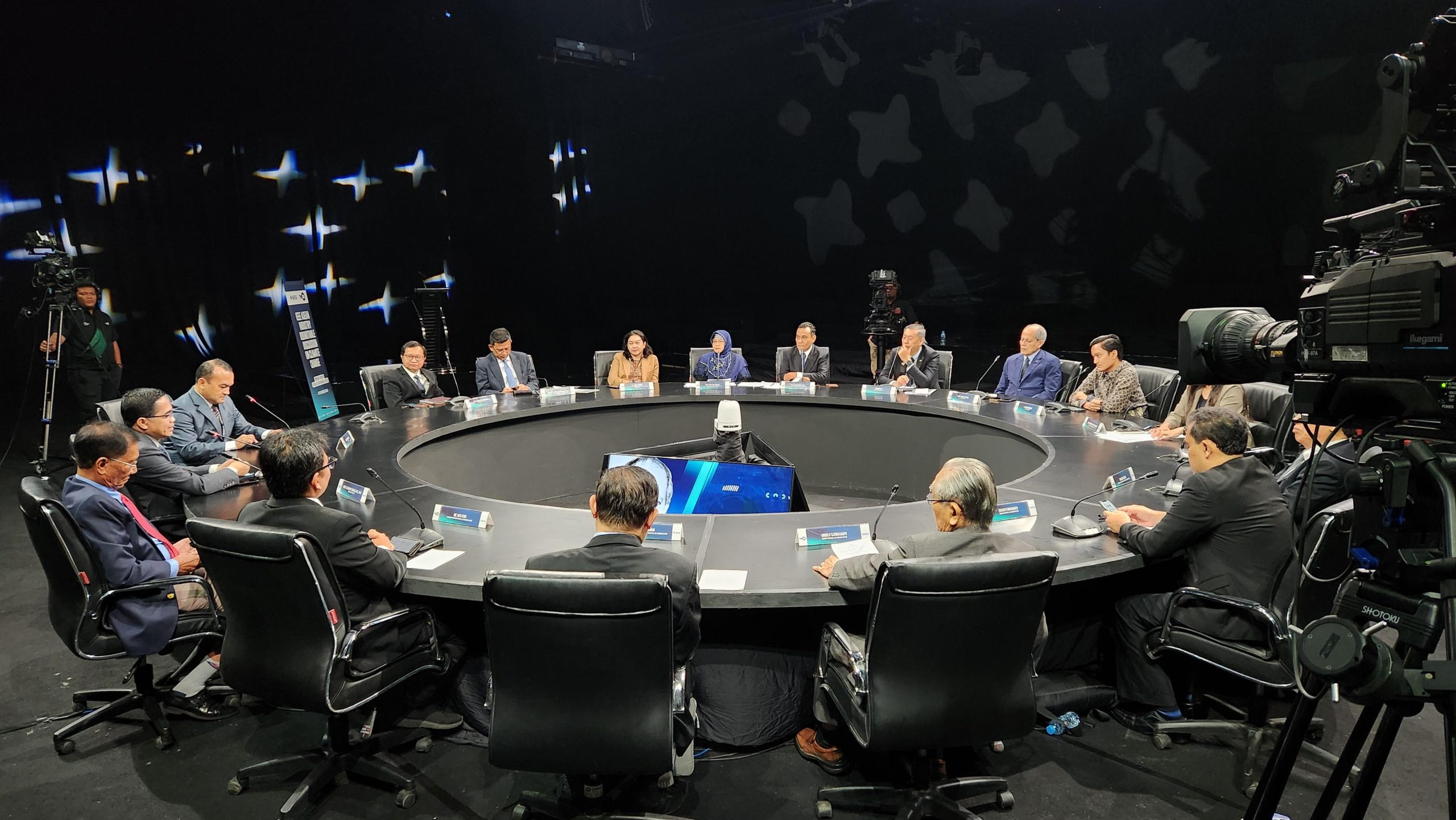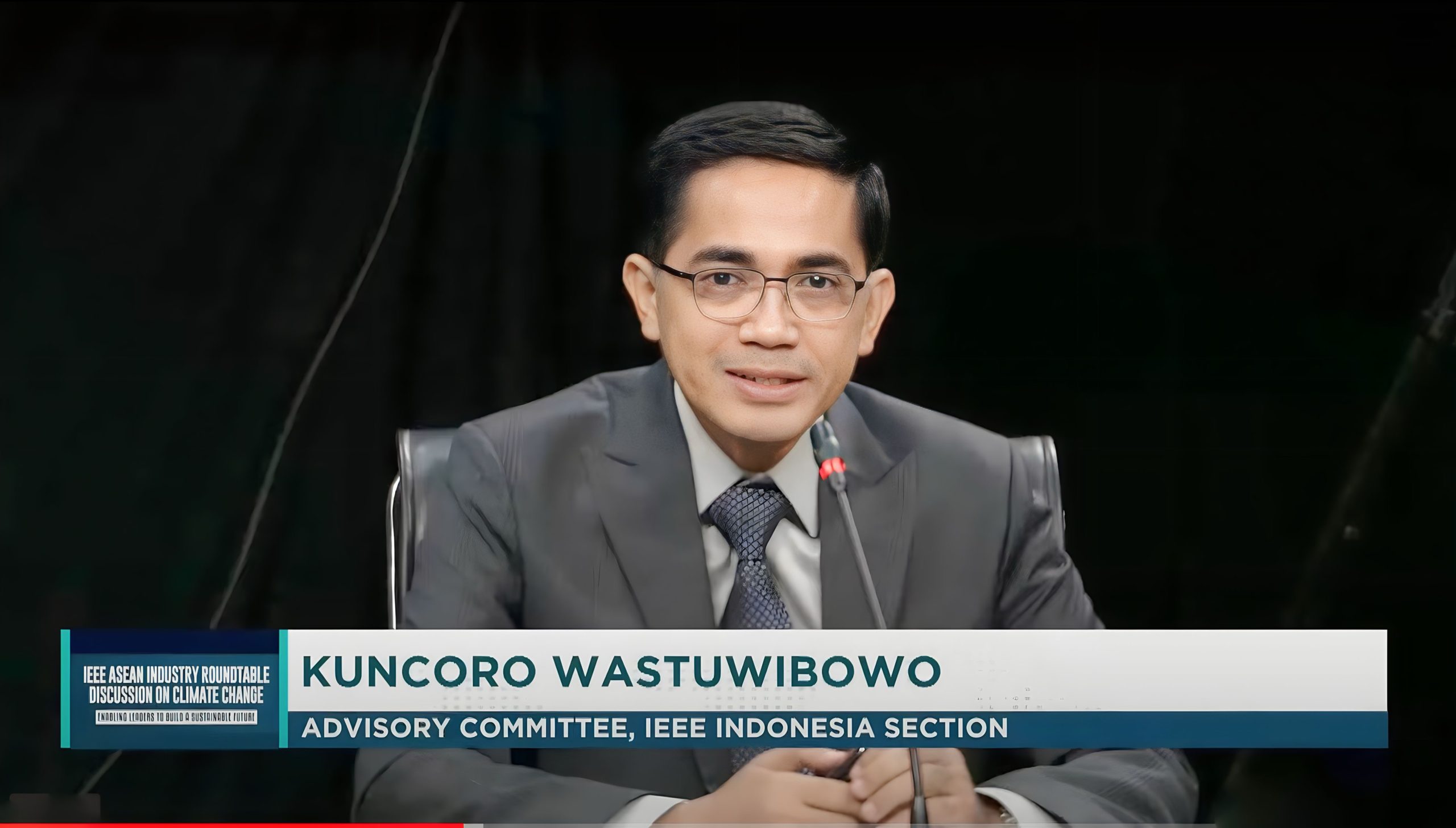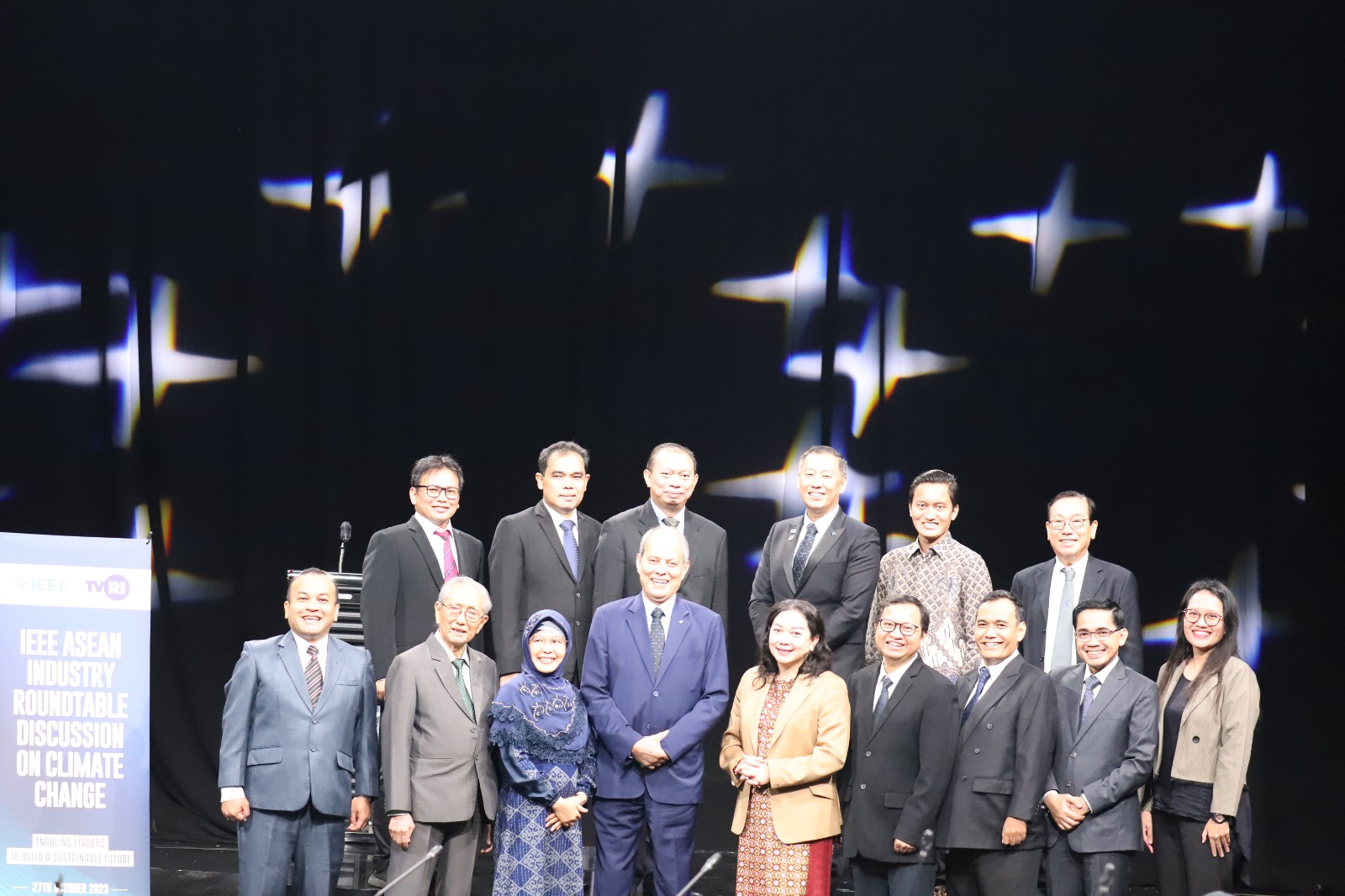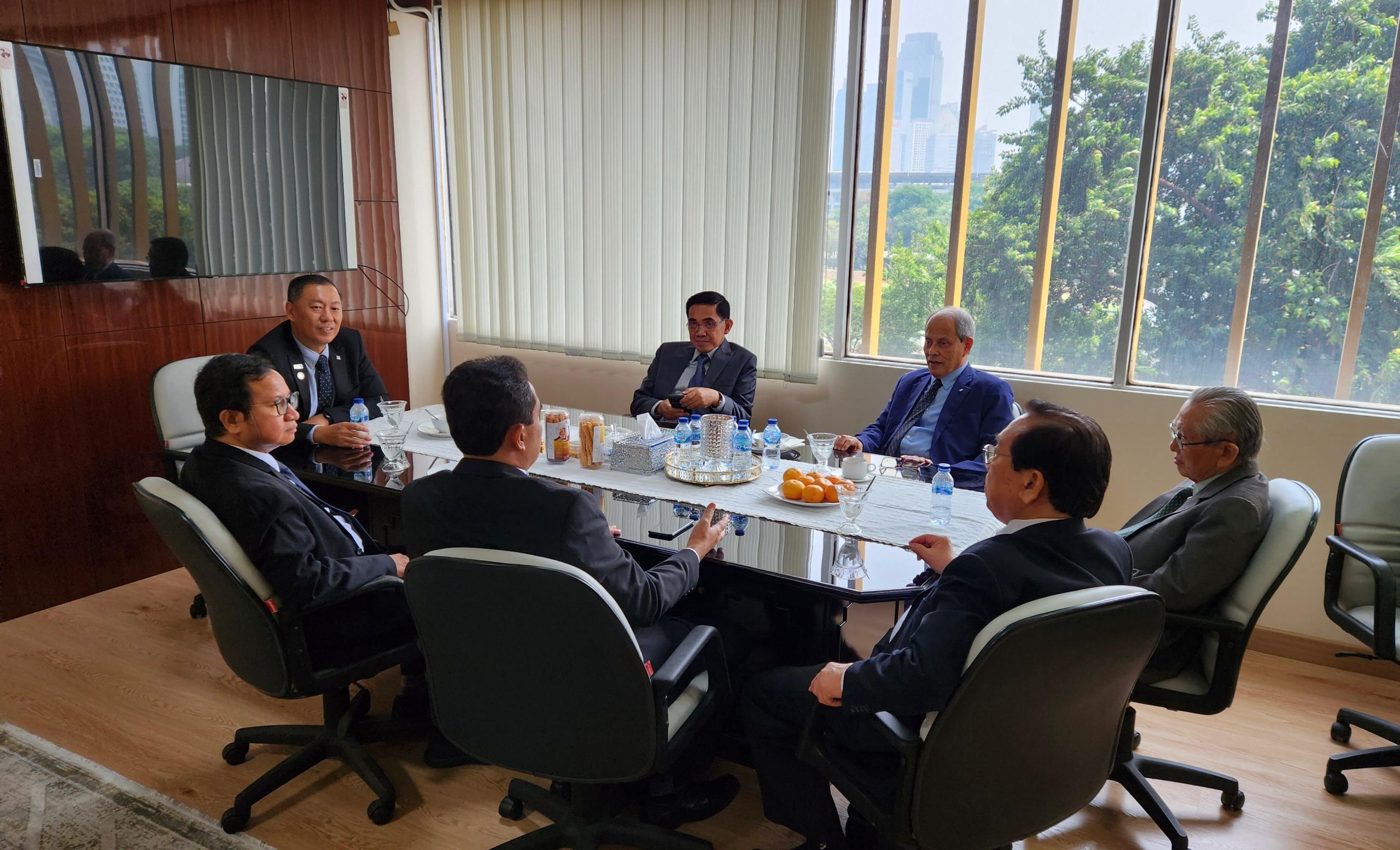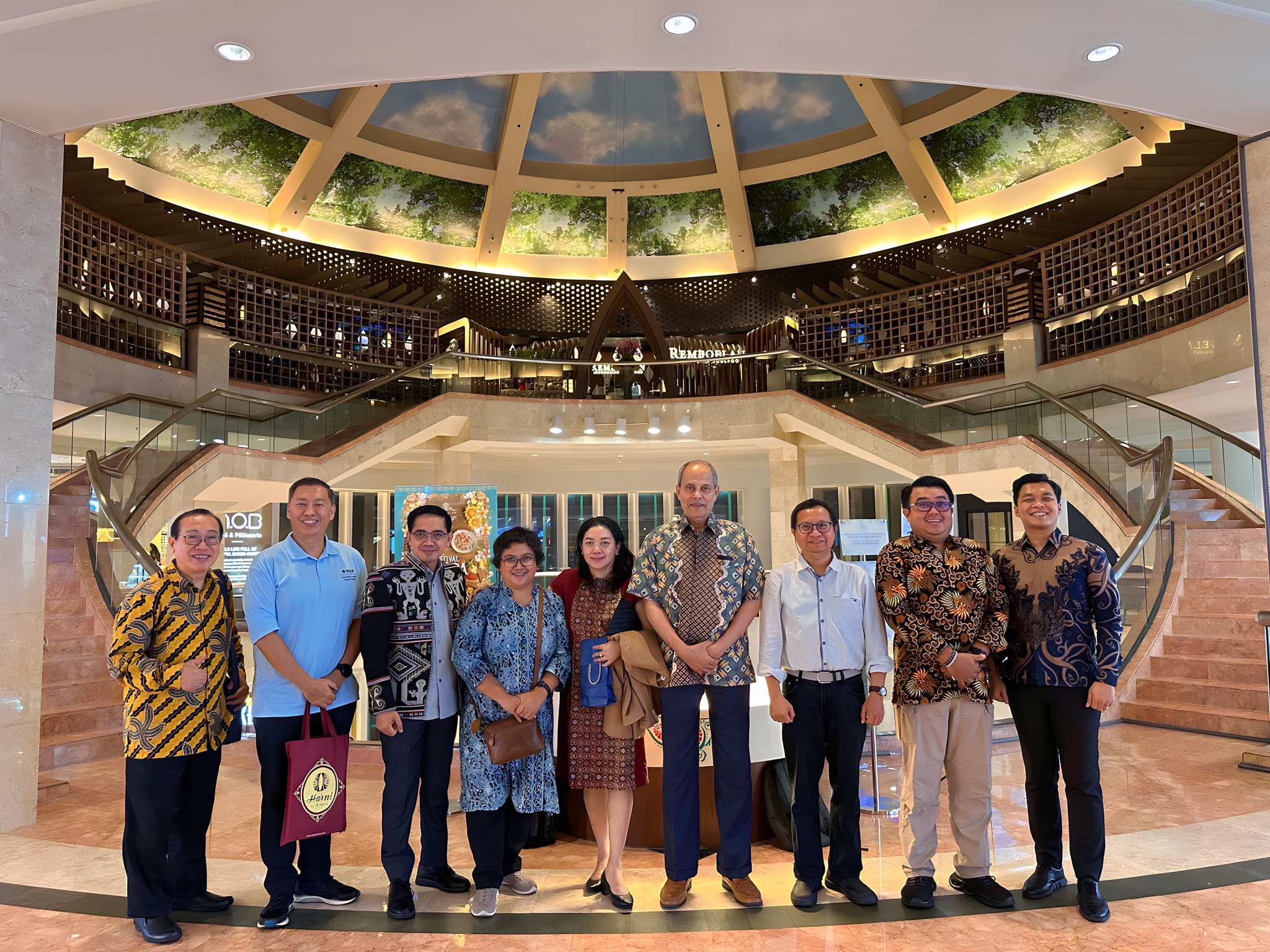The IEEE TEMS (Technology and Engineering Management Society) is an IEEE society focusing in engineering and technology management. TEMS serves professionals who work at the intersection of technical and managerial roles, providing resources for innovation, leadership, and strategic thinking in technology-focused business. The society’s mission is to enhance knowledge and skills in managing the processes, resources, and challenges of technology-intensive and engineering-centric projects.

For the 1st time, IEEE TEMS carried out one of its flagship conference in Indonesia. The IEEE TEMS Conference Asia-Pacific (TEMSCON ASPAC) took place in Bali from 25 to 26 September, at the Prama Sanur Beach Hotel. The conference theme, “Achieving Competitiveness in the Age of AI,” focused on the transformative role of AI in modern business and engineering management. The top leaders of the IEEE TEMS, accompanied by scholars, industry leaders, and researchers from around world (beyond only Asia-Pacific region) gathered to discuss topics including updated innovations related to competitiveness, sustainable supply chain management, cybersecurity policies, digital healthcare innovations, and entrepreneurship, etc within the digital ecosystem.
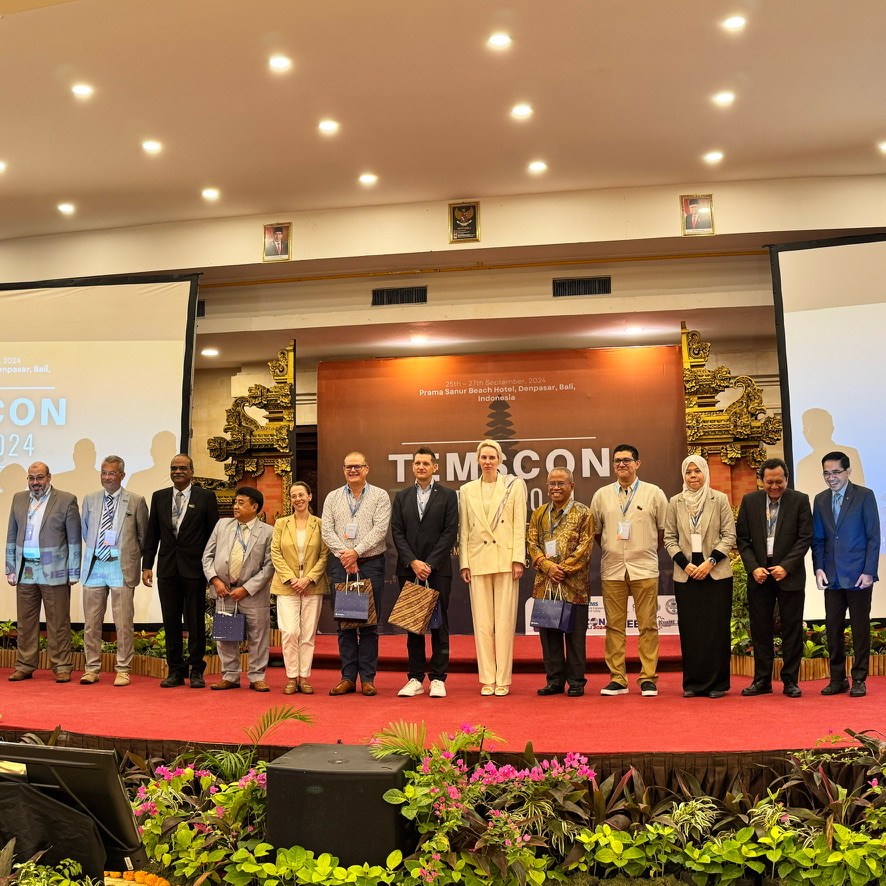
The conference began with a welcome from Conference Chair Prof. Andy Chen (former IEEE TEMS President and current President-Elect of the IEEE Systems Council). The opening session featured introductory remarks from prominent figures, including Prof. Andrea Balz (current President of IEEE TEMS), and Prof. Imam Baihaqi (Vice Rector of ITS Surabaya).
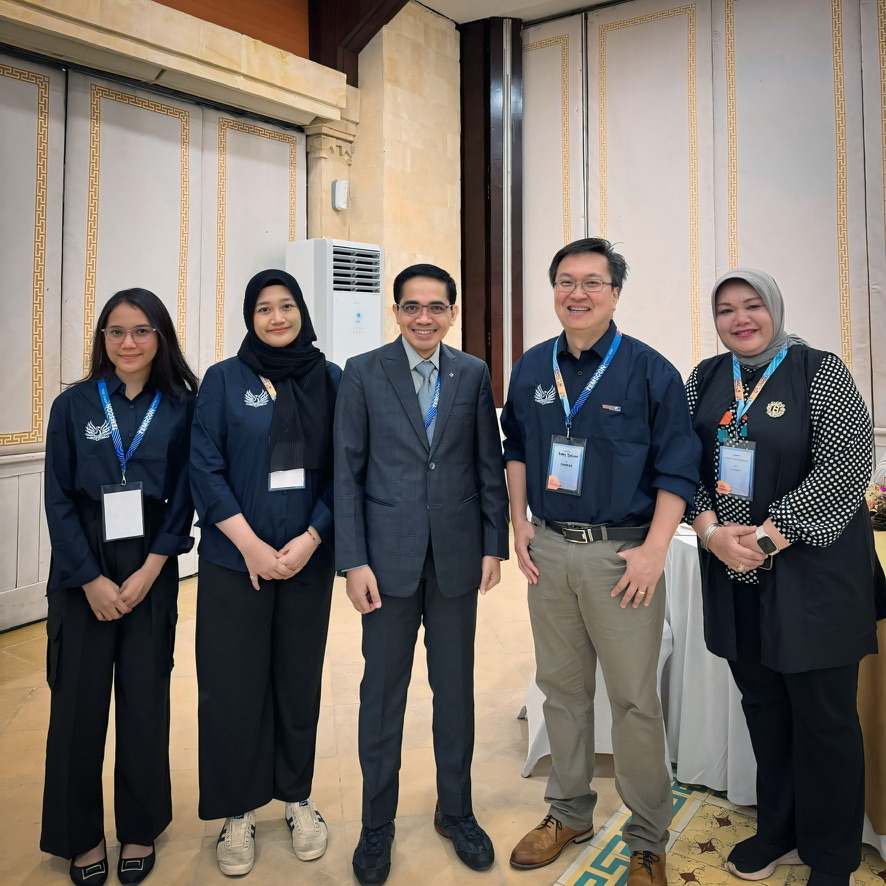
The keynote presentations were delivered by distinguished academics: Prof. Richard Dashwood (Vice-Provost for Research and Enterprise and Deputy Vice-Chancellor for Research at Coventry University), Prof. Alexander Brem (Professor and Vice Rector at the University of Stuttgart); and Prof. Anna Tyshetskaya (Vice Rector at Sankt Petersburg University in Russia). After the opening, the conference continued with breaking sessions for research paper presentations.
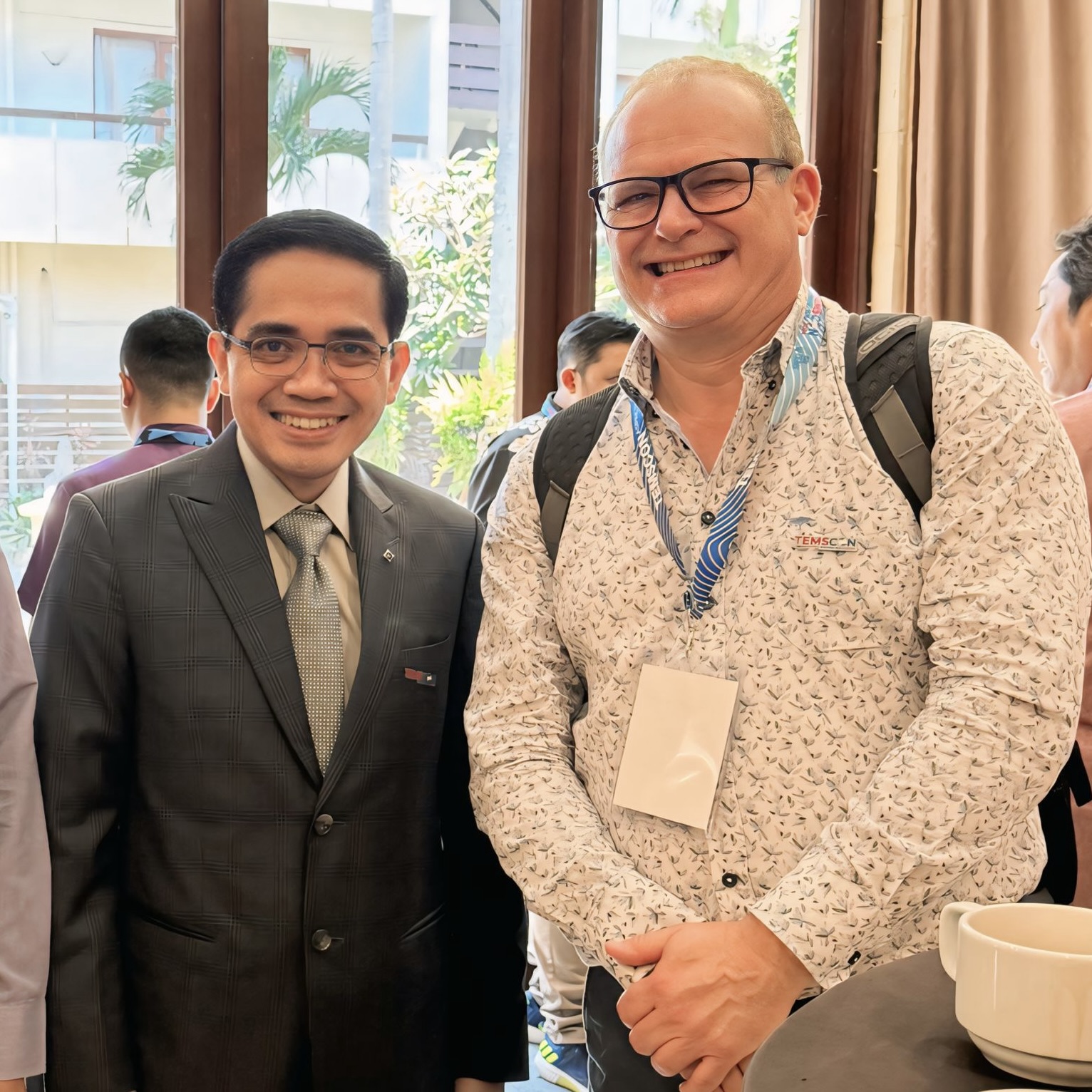
The second day of the conference was carried out as an Industry Forum with experts highlighted the challenges and opportunities that AI brings to global competitiveness. The speakers, besides Dr Ravikiran Annaswamy (the Past President of the IEEE TEMS) and Dr Sudeendra Koushik (the President-Elect of the IEEE TEMS), was yours truly. It was surely an honour. The title of my presentation was “Towards Complexity-Based Strategic Management.”
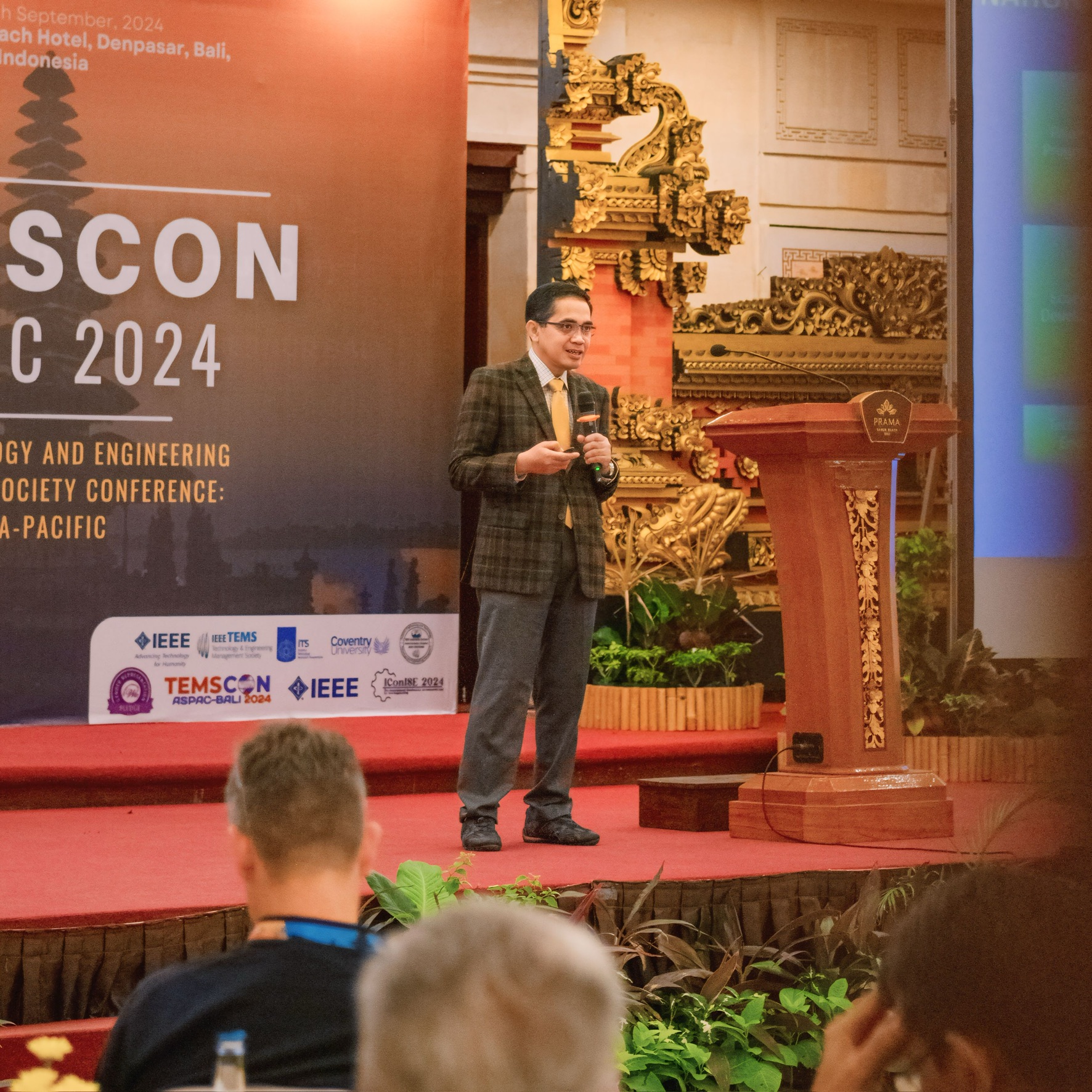
Following the lunch break, the forum resumed with an engaging panel session on “Accelerating Innovation for a Sustainable Future.” Prof. Marc Schlichtner, (Principal Key Expert at Siemens) served as the speaker, with Prof. Robert Bierwolf (TEMS Board of Governors Member) moderating. The panelists included esteemed leaders in technology and engineering management: Prof. Alexander Brem (Professor and Vice Rector at the University of Stuttgart), Prof. Anna Tyshetskaya (Vice Rector at Sankt Petersburg University in Russia), and yours truly. Truly an honour to share the stage with such distinguished figures.
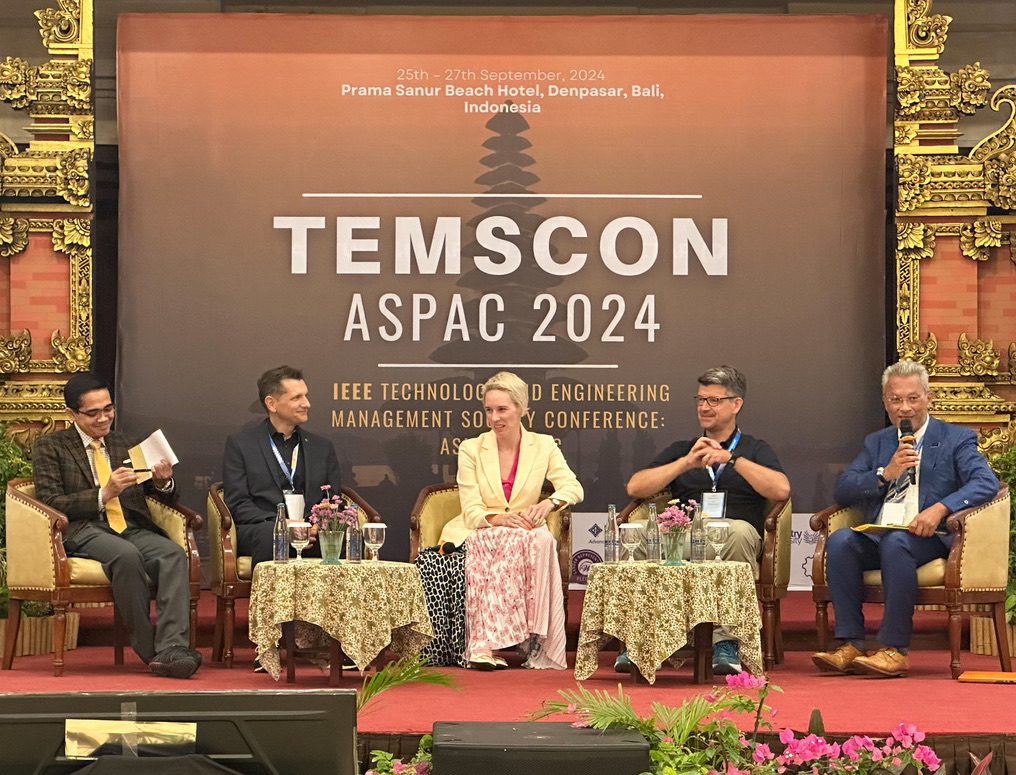
The conference concluded with a gala dinner that offered a warm and lively networking opportunity for all participants. This included the TEMS Executive Committee, Board of Governors members, and leaders from various universities, fostering valuable connections and camaraderie across the academic and professional communities in attendance.

